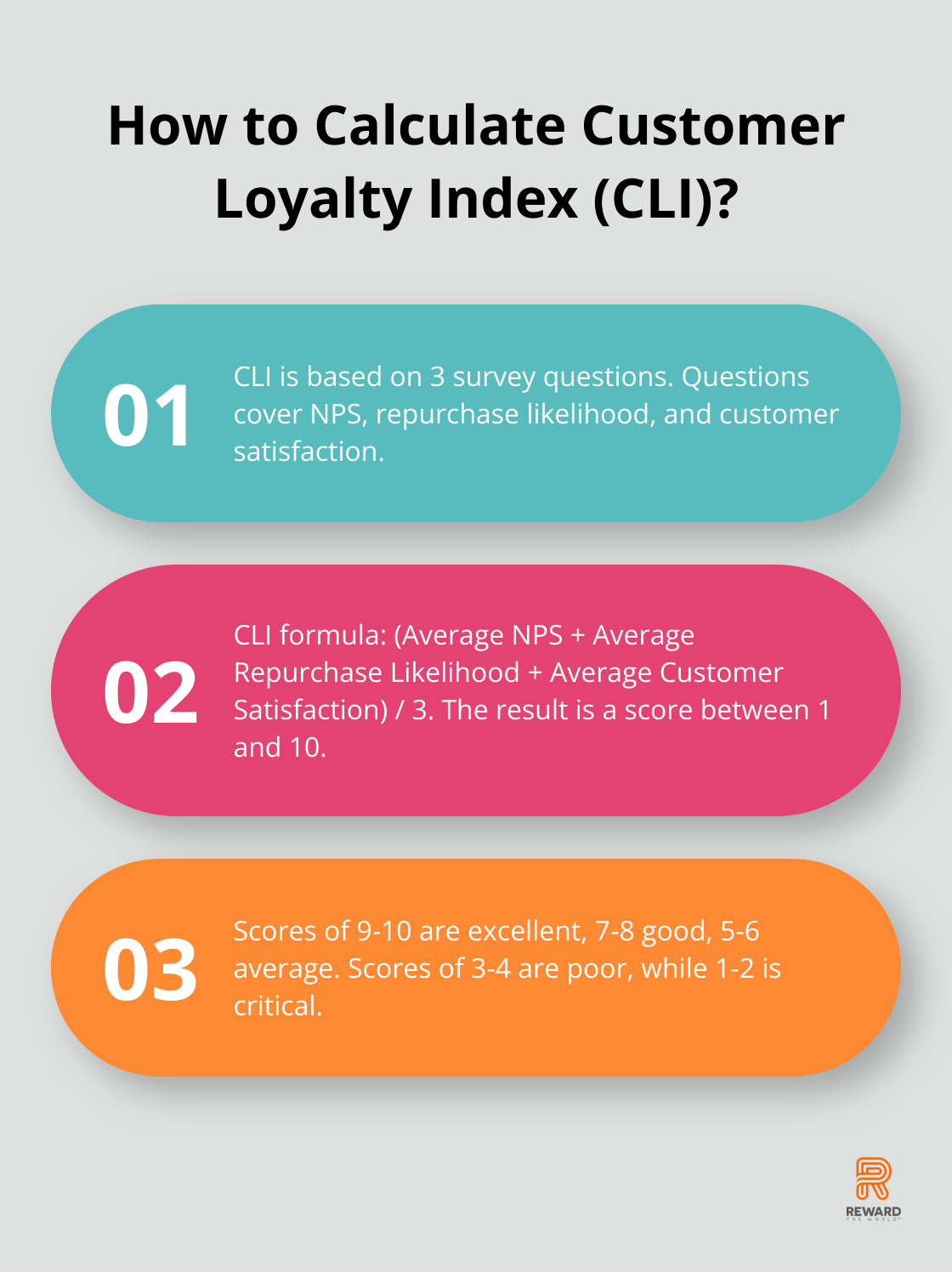The Hookup Critic
Your go-to source for honest reviews and tips on dating and relationships.
Cracking the Code: How Loyalty Scoring Algorithms are Changing the Game
Discover how loyalty scoring algorithms are revolutionizing customer engagement and transforming the way brands build lasting connections.
Understanding Loyalty Scoring Algorithms: What You Need to Know
Loyalty scoring algorithms are essential tools used by businesses to assess and understand customer loyalty. These algorithms analyze customer behavior, transaction patterns, and engagement metrics to assign a score that reflects a customer's loyalty level. By applying various data analytics techniques, companies can identify their most loyal customers, predict future purchasing behavior, and tailor marketing strategies to enhance customer retention. Understanding the mechanics behind these scoring methods is crucial in leveraging them effectively for optimizing customer relationships.
One might wonder what factors influence loyalty scores. Typically, these algorithms consider several elements, including frequency of purchases, average transaction value, and customer engagement with the brand. For instance, a customer making frequent high-value purchases will likely receive a higher score than a customer who only buys infrequently. Additionally, social interactions and feedback can also impact loyalty scores as brands aim to create not just transactional, but emotional connections with their customers. By comprehending how these algorithms function, businesses can make informed decisions to boost overall customer loyalty and ensure long-term success.

Counter-Strike is a popular first-person shooter game that has captivated gamers worldwide. Players can engage in team-based matches, showcasing their skills in tactical gameplay and strategy. For those looking to enhance their gaming experience, a great way to get started is by using a duel promo code which can provide special benefits and in-game advantages.
The Impact of Loyalty Scoring on Customer Retention Strategies
Loyalty scoring has emerged as a pivotal tool in shaping customer retention strategies. By quantifying customer loyalty based on their behaviors and interactions, businesses can identify which customers are most valuable and, importantly, those at risk of churn. Implementing a loyalty scoring system allows companies to segment their audience effectively, enabling them to tailor their marketing efforts. Personalized communications, special offers, and engagement activities can then be directed towards high-scoring individuals to enhance their experience and deepen their commitment to the brand.
Moreover, the impact of loyalty scoring extends beyond mere retention; it significantly influences customer lifetime value and profitability. For instance, businesses can apply targeted interventions for low-scoring customers to address their concerns and boost satisfaction. As a result, not only does this strategy foster long-term relationships, but it also creates a cycle of loyalty where satisfied customers become advocates for the brand. In today's highly competitive market, integrating loyalty scoring into customer retention strategies is not just an advantage—it's becoming a necessity for sustaining growth and fostering brand loyalty.
Are Loyalty Scoring Algorithms the Future of Customer Engagement?
The rise of technology in the marketplace has transformed how businesses engage with their customers, and loyalty scoring algorithms are paving the way for a more personalized experience. By leveraging data analytics, these algorithms assess customer behaviors and preferences, allowing brands to tailor their marketing strategies effectively. With a focus on enhancing the customer journey, companies that implement these advanced scoring systems can identify loyal customers and reward them appropriately, ultimately driving brand loyalty and retention.
Moreover, as competition intensifies, the need for businesses to understand their customer base becomes paramount. Loyalty scoring algorithms not only facilitate deeper insights into customer engagement but also help in predicting future buying behaviors. By addressing the unique needs and motivations of each customer, businesses can provide targeted offers, ensuring a more satisfying experience. In this rapidly evolving digital landscape, adopting loyalty scoring algorithms could very well be the key to fostering strong customer relationships and staying ahead of the competition.